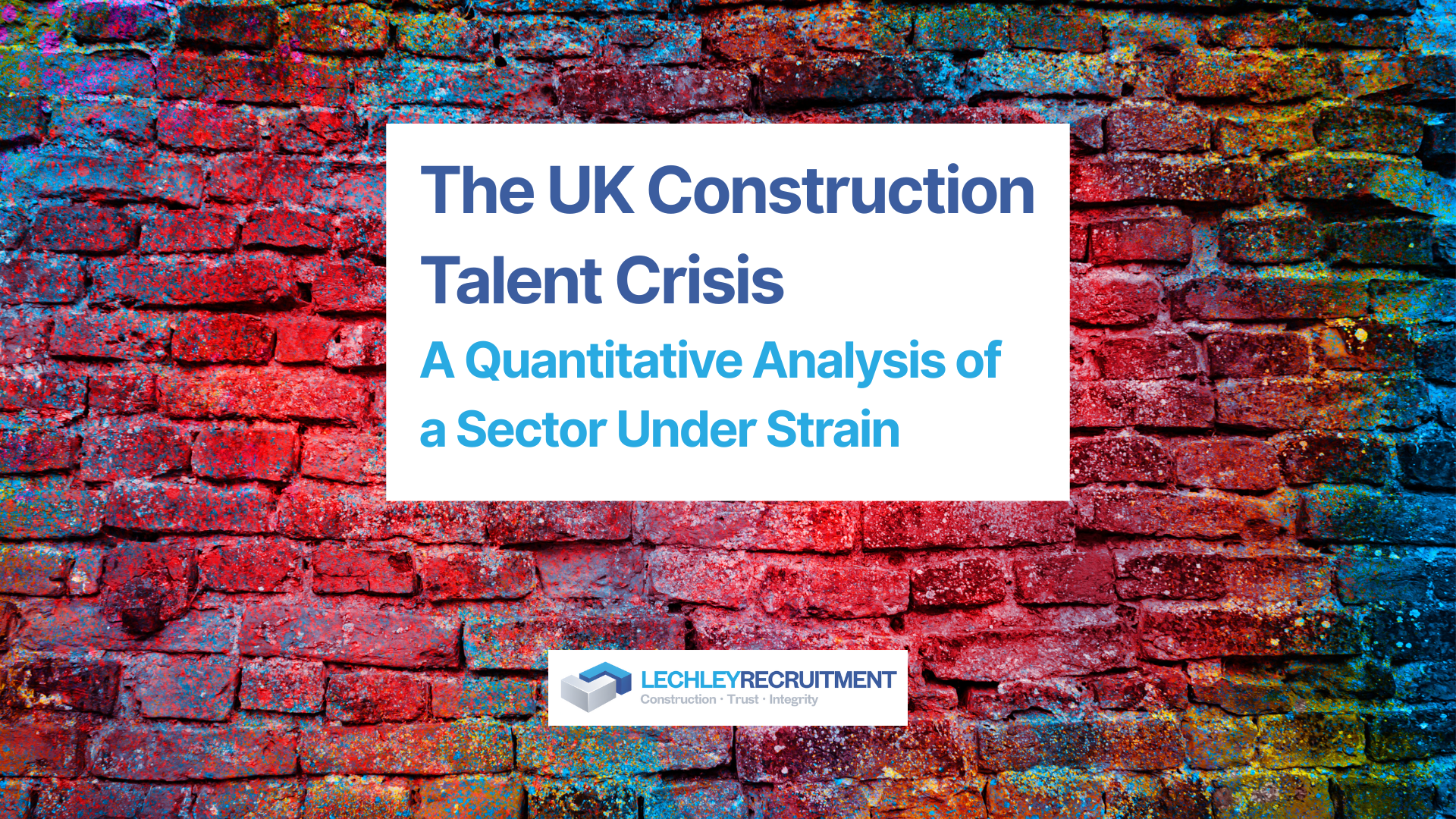Transforming Construction Management: A 5-Year Roadmap to Increasing Profit Margins Without Scaling Turnover - Part 2
New Title
Disruptive Ideas About How Things Are Changing in the Construction Industry
Introduction
The construction industry is at a pivotal juncture. As we navigate the complexities of the 21st century, it is imperative for industry leaders and future leaders to understand the disruptive forces shaping our landscape. This report highlights four key areas: Emerging Technologies, Innovative Construction Methods, Sustainability and Social Responsibility, and Collaborative and Agile Leadership Models. Each section will explore the opportunities and challenges presented, offering actionable insights for those committed to steering the industry toward a more efficient and sustainable future.
Emerging Technologies: AI, Automation, and IoT
The Current State
Artificial Intelligence (AI), Automation, and the Internet of Things (IoT) are no longer buzzwords but operational necessities. These technologies are reshaping the construction processes from predictive maintenance to real-time analytics.
Opportunities and Challenges
- Enhanced Efficiency: Automation can streamline repetitive tasks, freeing human resources for more complex problem-solving.
- Data-Driven Decisions: AI algorithms can analyse vast amounts of data for better decision-making.
- Skill Gap: The workforce needs to be retrained to work alongside these technologies.
- Cybersecurity: With increased connectivity comes greater vulnerability to cyber-attacks.
Actionable Insights
Invest in workforce training programs focused on digital literacy and consider cybersecurity measures integral to your operational strategy.
Innovative Construction Methods: Offsite Manufacturing and 3D Printing
The Current State
Offsite manufacturing and 3D printing are revolutionising the way we think about construction, offering unprecedented levels of efficiency and sustainability.
Opportunities and Challenges
Opportunities:
- Reduced Waste: Offsite manufacturing allows for more precise measurements, reducing material waste.
- Speed: 3D printing can significantly accelerate the construction timeline.
Challenges:
- Initial Costs: The upfront investment in new technologies can be substantial.
- Regulatory Hurdles: Building codes have yet to adapt to these innovative methods.
Actionable Insights
Conduct a cost-benefit analysis to assess the long-term gains of adopting these methods and engage with regulatory bodies to advocate for code modernisation.
Sustainability and Social Responsibility
The Current State
Sustainability and social responsibility are evolving from mere obligations to competitive advantages.
Opportunities and Challenges
Opportunities:
- Brand Enhancement: Companies prioritising sustainability are increasingly favoured by consumers and investors alike.
- Long-Term Savings: Sustainable practices often result in long-term cost reductions.
Challenges:
- Short-Term Costs: Sustainable materials and practices can be more expensive upfront.
- Stakeholder Resistance: Traditionalists within the industry may resist these changes.
Actionable Insights
Develop a sustainability roadmap and engage stakeholders in its implementation, emphasising the long-term benefits.
Collaborative and Agile Leadership Models
The Current State
The complexities of modern construction projects require a more adaptive leadership approach.
Opportunities and Challenges
Opportunities:
- Flexibility: Agile leadership allows for quicker adaptation to market changes.
- Collaboration: Cross-functional teams can solve problems more holistically.
Challenges:
- Cultural Shift: Moving from hierarchical to agile models requires a significant cultural shift.
- Implementation: The transition can be resource-intensive.
Actionable Insights
Begin with pilot projects to test agile methodologies and invest in leadership training programs that emphasise collaboration and adaptability.
Conclusion
The construction industry is undergoing a seismic shift driven by technological advancements, innovative methods, sustainability imperatives, and evolving leadership models. By understanding these disruptive forces, industry leaders and future leaders can position themselves at the forefront of this exciting transformation.
This report is the first in a series to provide in-depth analysis and actionable insights into the rapidly evolving construction landscape. Stay tuned for subsequent reports that will delve deeper into these critical areas.
As underscored throughout this report, the construction industry is undergoing significant transformations. These changes necessitate technological adaptation and the right human capital to steer the ship. Herein lies the value of partnering with an independent executive search firm specialising in the construction industry instead of a large, generalised global firm.
Specialised firms possess an in-depth understanding of the construction landscape, from emerging technologies like AI and IoT to innovative construction methods and sustainability practices. This expertise ensures that the candidates sourced are not just leaders but visionaries who can navigate the complexities specific to the construction industry.





